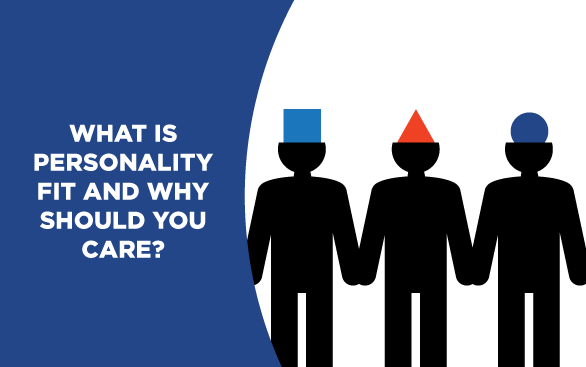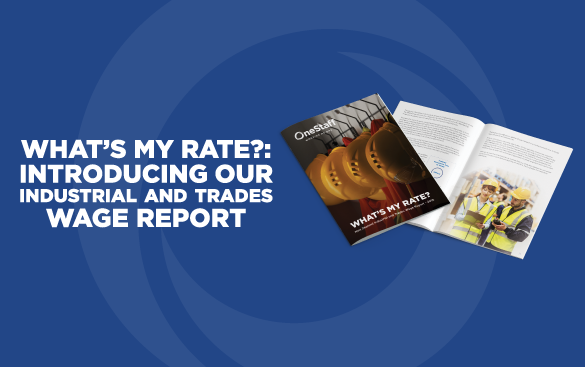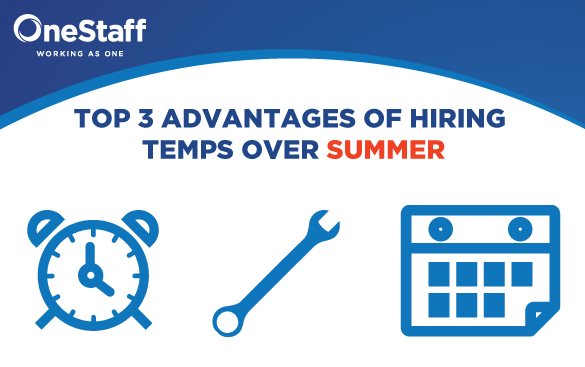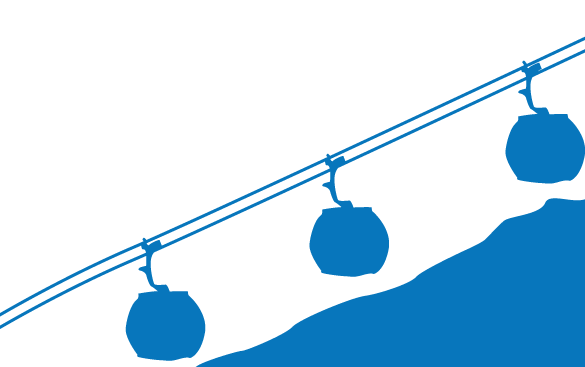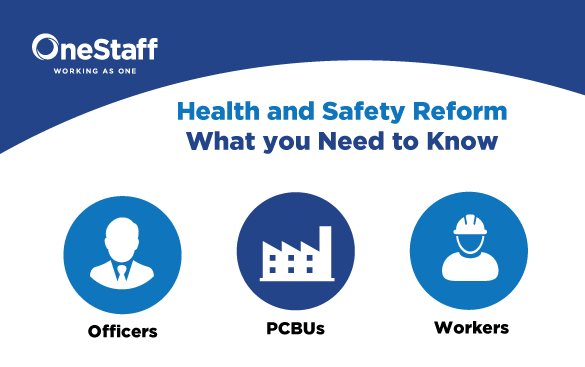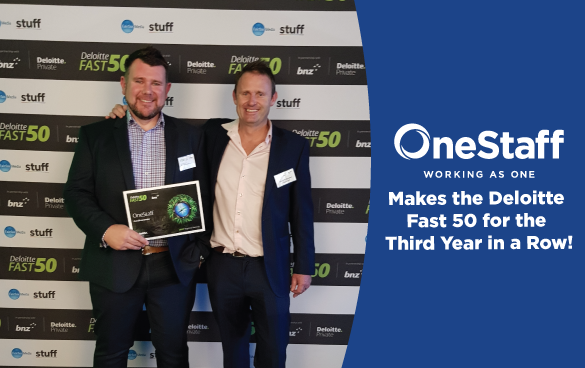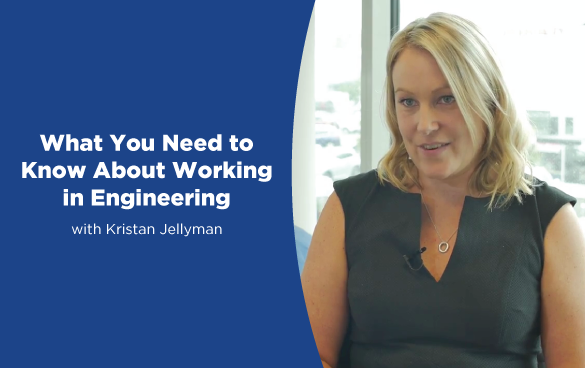When you’re hiring someone, it can be easy to be overawed by someone with great skills or experience. “Wow,” you think: “Look at that CV. They’re going to be perfect!”
And yet, when the time comes, and they start, it immediately feels like a mistake. They’re not fitting in with the team, they’re not enjoying coming to work every day and it’s not only having an impact on their work performance but also the whole morale and performance of the team. Basically, this wasn’t the person you interviewed so successfully just a couple of weeks earlier. Or, was it?
The bottom line here is that you are hiring a person not a resume, and these sorts of issues generally come down to personality fit – something that many employers find very difficult to assess in an interview. Here’s why it’s important to get the right personality fit into your business, and a few ways to make sure your next hiring move doesn’t end in tears.
The Benefits of Personality Fit
Paying attention to personality fit can help your business achieve better outcomes. This doesn’t mean all employees have to agree on everything or that everyone needs to be exactly the same – on the contrary, different personality traits in the right areas is what makes the whole team flourish. Someone to challenge, someone to push, someone to calm a situation, someone to just get stuff done, and someone to check it’s done properly.
The goal isn’t to have everybody be best friends, but more that the personality traits that each person has are either going to help them or hinder them in their job. So this fit, can either enable them to perform and thrive, or require them to consistently step outside their comfort zone simply to fulfil the job expectations – which is all well and good, if they have the motivation and energy to keep this up over time.
When it comes to people, legendary All Black captain Richie McCaw believes: “It’s about having a good group … The most important thing is to have a collective buy-in into what you are trying to achieve, and you have to do that from the start.” And he’s right. Essentially, personality affects someone’s role within the team; how they interact with the rest of the team, and whether values (core beliefs) are aligned and shared within the team.
Without this alignment, teams cannot function positively. Great people do not always make great teams, and that can make for a not-so-great work environment – something that makes all the difference to your employees, so be careful how you hire for a team.
Using the Interview Process Effectively
It’s always hard to judge personality fit in an interview, as 99% of the time a candidate will be doing their best to present themselves in a way that makes them seem a great fit for the role. So how can you use an interview to assess personality? It is imperative that you have a firm grasp on what traits will work best for the role you’re hiring.
A few questions you can ask to get a better handle on personality fit include:
- Tell me about a time that you felt stressed at work. What happened, how did you handle it? (Is the example they give, likely to be a common occurrence in the job you’re considering them for? If so, this is a red flag.)
- Tell me about a problem you recently solved at work. Walk me through the process and tell me about the result. (Are they a creative, left-field thinker, or do they apply a structured, analytical process to their decision making? Do they rely on gut feel, or are they a rational thinker? And how will this approach relate to the job you need them to do?)
- What type of people annoy you? Why is this, and how do you respond? (What one person finds frustrating, another will describe as great, so this you an insight into behaviours which can cause stress and irritation. Not an issue, unless the job requires them to deal with these sorts of behaviours consistently throughout the day.)
- What type of work environment brings out the best in you? (This gives you an idea of whether they want a quiet environment where they can focus, or they can handle a noisy open-plan environment. Do they prefer to work outdoors or be office based or want to travel around the country?)
- How have you handled conflict at work? (This gives you an idea of how a candidate faces adversity. Beware of rehearsed answers though and if you feel it is too scripted probe a little further, ask a little more; try to get the individual off their script to see the real person beneath the veneer.)
- What’s your greatest achievement/failure at work? (This shows you what they value and what drives them at work.)
Once you’ve asked these questions, and hopefully been given a true insight into a candidate, take stock of how their answers relate to the role, the wider team, the leaders they may work with, and the overall company culture.
Other Ways to Ascertain Personality Fit
If you want a more scientific approach to your hiring decision, psychometric testing might be a good option, but this comes at an additional cost, and adds time to the hiring process. This is probably the most common alternative method of attempting to figure out personality fit. Psychometric testing can come in many forms, for example numerical, verbal, and reasoning tests, but they are generally aimed at finding out one of two things: a candidate’s aptitude for the role, and a candidate’s personality traits. It’s important to get expert advice before deciding which type of test works best for what you have deemed essential to the role. Get the results interpreted by a professional too to ensure accurate interpretation of results.
Outside of assessments and interviews, it’s also a good idea to get a feel for who they are socially too. Introduce a candidate via a lunch, tea-break, or other social setting to give your potential new hire an opportunity to get a closer insight into the job, as well as the work environment. Don’t be afraid to get the whole team involved either. You’ll need to prepare them for this too, to ensure they buy into the process and try to engage with the potential new person.
Summary
Everybody wants to work with great people who share similar values, and play their part in contributing to the team’s overall success. At OneStaff we love helping improve hiring processes and team building. If you are not sure about what you need to make a better team, give us a call before your next hire and let us help.
